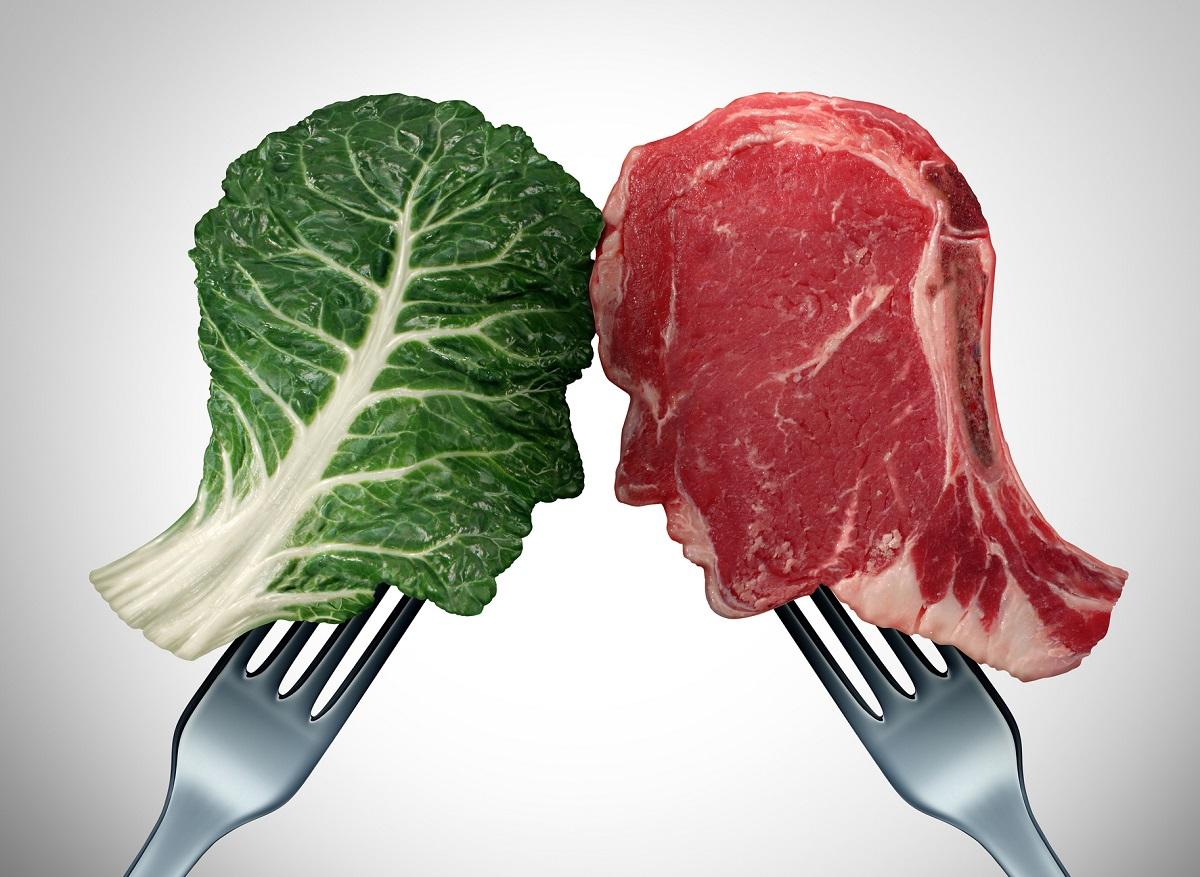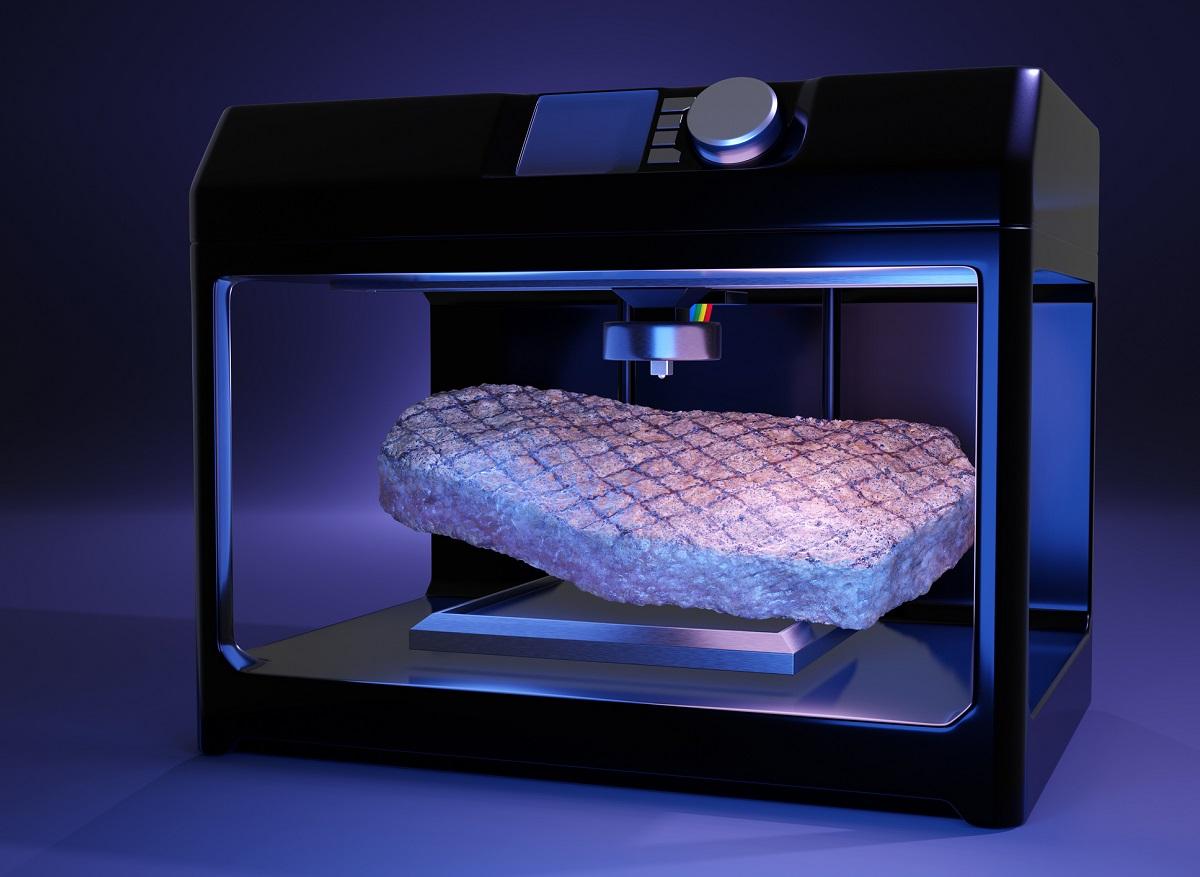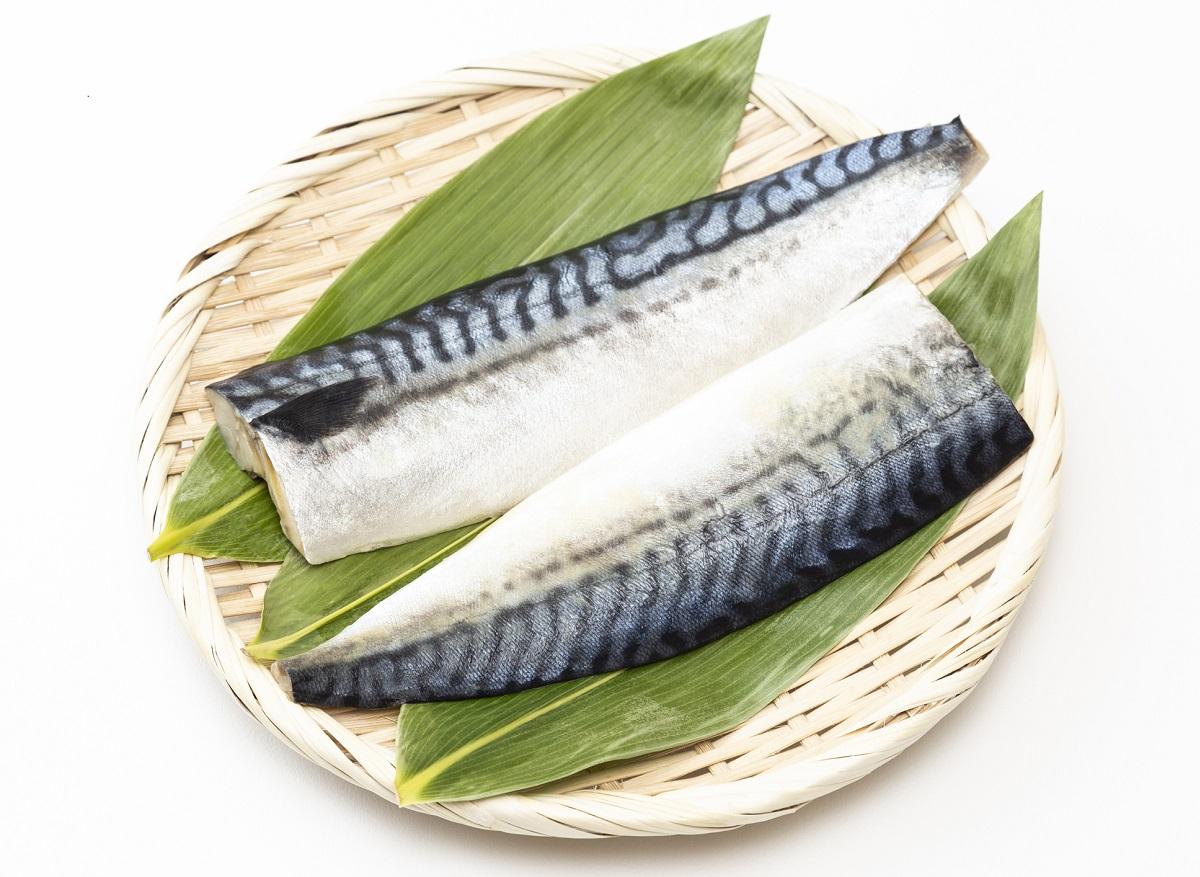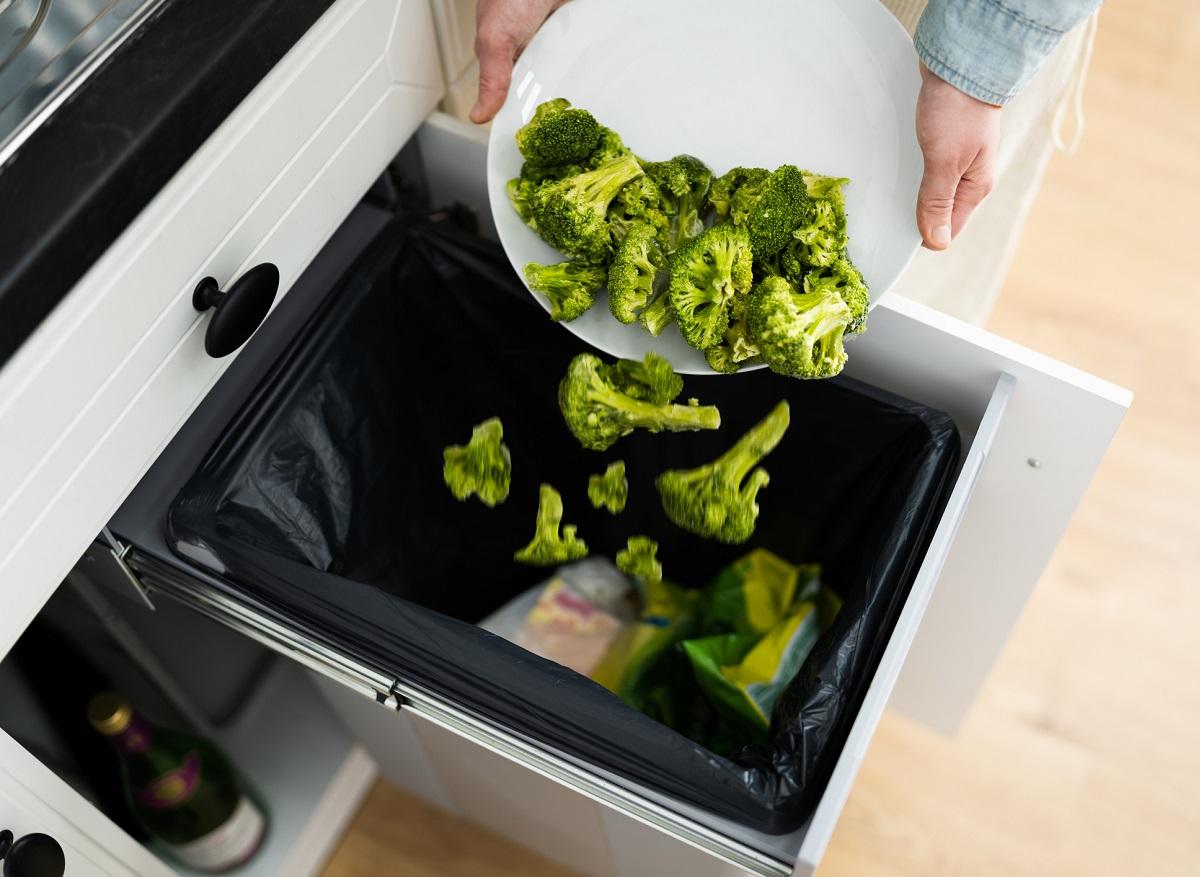We all have the right to treat ourselves and let ourselves go for a day by “forgetting” to eat healthily. Have you ordered pizza for a Sunday in front of the TV? You have chained together fat and salt during a raclette evening? Do not panic. This type of excess will not have an impact if it is occasional and if you know how to redress the situation the next day.
The only risk ? You will be likely to feel bloated Or fatigue the next day and see an extra kilo appear on the scale. The latter is simply linked to water retention as well as intestinal residue. It will disappear on its own if you resume a balanced diet.
Vika Rutkowski, an expert in nutrition, intestinal and immune health, has just shared with our American colleagues from She Finds its solutions to compensate for a day of “junk food”. She even talks about “wiping out a bad eating day.” However, be careful how you interpret his words. According to the expert, four types of foods should be put on the menu as a priority after overeating.
Focus on fiber, protein, omega-3 and magnesium as a priority
The day after overeating, prioritize foods rich in fiber, protein, omega-3 and magnesium, recommends Vika Rutkowski.
“Fiber-rich foods are nutritional champions that play a crucial role in improving digestive health and will mitigate the effects of a less healthy diet. They help regulate blood sugar, promote a feeling of fullness and support overall digestive function“, she explains. She cites vegetables, red fruits and apples, even if this list is not exhaustive.
Additionally, protein-rich foods can also help offset the effects of a bad day from a nutritional standpoint. Protein plays a crucial role in repairing and maintaining muscles, while promoting a feeling of fullness and stabilizing blood sugar levels. Focus on lean meats (like poultry), eggs or on plant proteins (like legumes) after excess, rather than on red meat.
Also favor omega-3 after an excess. They are known for their many health benefits. Foods with omega-3 are full ofessential fatty acids which support heart health, reduce inflammation and boost cognitive function. “Healthy fats like salmon, sardines, flaxseeds and chia seeds are naturally anti-inflammatory and help support the repair of damaged cells.”, reports the expert. Omega-3s also help regulate blood sugar, which is useful if your overeating has included sugary products.
Finally, the specialist recommends magnesium to compensate for a poor diet. “If you suffer from constipation after an excess, magnesium will be your best friend. It is a mineral that helps relax your body, which can help with intestinal elimination“, emphasizes Vika Rutkowski. Foods rich in magnesium include in particular nuts, avocado, dark chocolate, beans, whole grains and salmon.
Can these foods really “erase” a bad day of eating?
The expert shared some great tips if you want to return to a balanced diet after overeating. It is important to know how to treat yourself from time to time, but it is also important to know how to readjust the bar afterwards. On the other hand, we must not believe that we can do a series of sweet and savory variations several times a week and that you just need to put good nutrients on the menu the next day to “clear” everything.
Magnesium, proteins, fibers and omega-3 will help you rest the body, regulate blood sugar and limit digestive problems after a “bad” meal. However, they will not protect you against overweight and to chronic diseases that you risk if you accumulate these excesses too often.


















